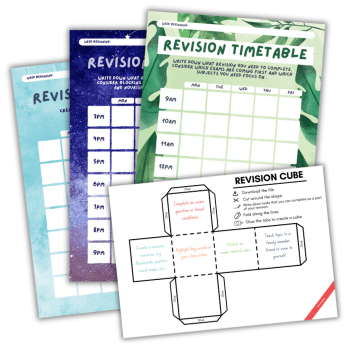Read, study, familiarise – improve your subject knowledge in 5 steps

Building better subject knowledge and teaching it effectively involves carefully balancing the ‘what' and the ‘how’, writes James Hodge

- by James Hodge

For high quality teaching to take place, teachers must be masters of their field and the pedagogy associated with it.
Wider subject reading can improve the ‘what’ of our classrooms – the content – while pedagogy can support the ‘how’ – the way in which we deliver it in order to best suit our students.
1. Read constantly
Regular, quality reading of subject-related texts for pleasure will not only ensure that your knowledge is kept up-to-date, but also improve and reinforce your communication and storytelling skills. Those are vital in every classroom, since teaching is, after all, the act of telling the story of your subject.
2. Study the National Curriculum
Doing this will give you a clear overview of your subject area and how it’s divided over the phases of learning, providing a sense of what’s taught and when. I’d recommend extending this to primary, to get a clearer feel for the foundations you’re building on. As a secondary teacher, the high levels of challenge I saw on the KS2 SATS really made me up my game as a Y7 practitioner.
3. Get familiar with the specification
Once you have that overview, inspect the content of your subject more closely by reading the specifications found on exam board websites. Complement this by examining the textbook and actually studying the course, while thinking about how to teach specific elements and engage students in certain topics. Keep a log of your ideas and you’ll have myriad prompts when you come to the planning stage.
4. Take the exam yourself
Sitting a mock exam will highlight those areas where more knowledge development might be needed, as well as the obstacles your students could face. See it as an opportunity to come up with solutions and guidance for exam practice, and think about how those skills can be embedded over time to ensure that the students are fully prepared.
5. Explore your CPD options
Twitter is a great starting point for sharing ideas with other teachers and discovering popular sources of CPD. There are a plethora of options available to you online, including video tutorials, blogs and resource banks, and your allowance can stretch to it, numerous books produced with the specific aim of developing and inspiring teachers like you.
James Hodge is a former lead practitioner of English and head of media studies now working in ITT; he produces video content to support teacher planning via the Youtube channel English Teaching In Action and tweets as @MrHodgeTeaches









